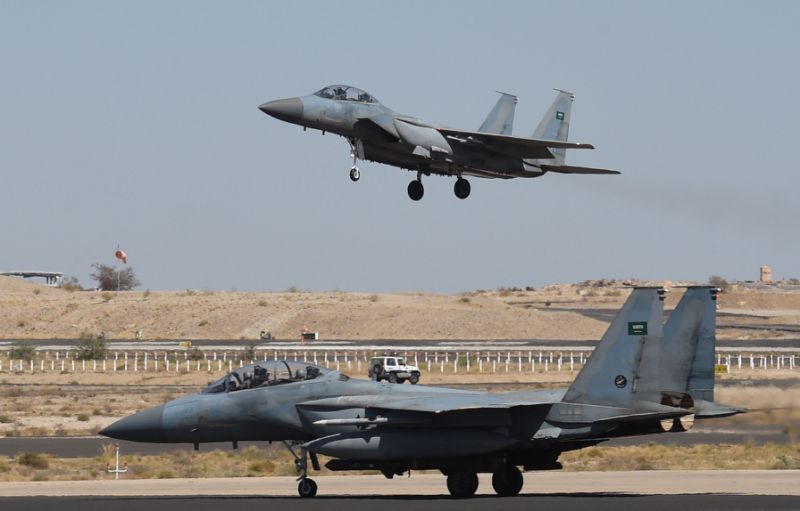The Pentagon announced in early August of this year that the United States (US) Department of State approved a $1.15 billion potential sale of tanks, guns, and ammunition to Saudi Arabia, which is leading an international military coalition in Yemen. Sixty-four members of the House of Representatives signed a letter later that month to push the Obama administration to delay the sale. Then, on 8 September, Senators Rand Paul, Mike Lee, Chris Murphy, and Al Franken brought about a joint resolution to block the sale all together. They cited the Arms Export Control Act of 1976 which gives Senators the ability to force a vote on an arms sale brought about by the President. Many politicians opposed to the sale point to the thousands of civilian casualties caused by the intervention and its potential for strengthening terrorist groups such as ISIS and al Qaeda. Ted Lieu, a Democratic representative from California, says that aiding Saudi Arabia is against the US national interest. In an interview with The Intercept, he stated, “the US is going to create another generation of people who hate the US and who are going to want to do very bad things to us.”
In late August, the United Nations found that since March 2015, when the Saudi-led coalition intervened, more than 10,000 people have been killed in Yemen’s civil war and another three million have been displaced from their homes. The coalition, which is supported by the United Kingdom and the US, stands accused of contributing to widespread civilian casualties. In January 2016, for example, an airstrike just south of Sana’a killed about 15 civilians and wounded another 25. Next month, in February, coalition forces bombed the Nehm district of Sana’a, killing 40 people, mostly civilians. In March, 97 civilians, 25 being children, were killed in an airstrike in the village of Mastaba. Coalition forces have reportedly bombed the Nahda district of Sana’a, the Haydan district, and a Yemeni hospital this past August. These August attacks resulted in at least 31 casualties, including ten students under the age of 15 and a member of the hospital’s charity staff. These are only several recent instances of civilian casualties reportedly caused by Saudi-led airstrikes.
In light of increasing civilian casualties and potential violations of international law, the US must seriously consider terminating weapons sales and further logistical support to Saudi Arabia and the coalition in Yemen. Selling $1.15 billion in arms to Saudi Arabia would not only contravene national interest, it would also implicate the US in another country’s potential war crimes. Yemen is facing a massive humanitarian crisis. Providing arms will only intensify the violence, not foster safety and stability.
Bobby Froembling is an Advocacy Intern at ADHRB.





